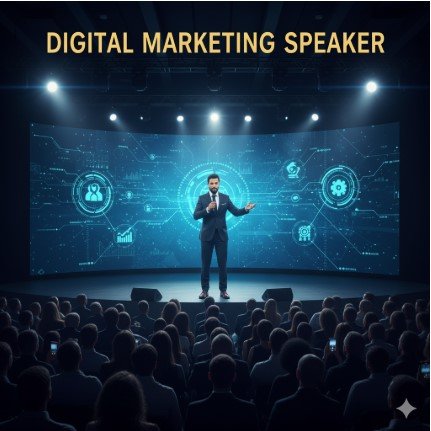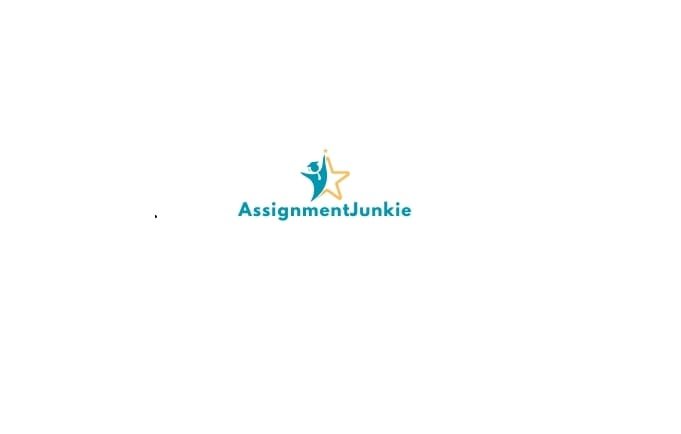As companies face growing demands for agility, personalization, and inclusivity, the Human Resources (HR) landscape is rapidly evolving. At the forefront of this transformation is AI development, which brings automation, intelligence, and data-driven decision-making to the core of HR operations. Whether it’s streamlining hiring or elevating employee engagement, AI—especially in the form of AI agents—is making HR smarter and more efficient than ever before.
1. How AI Development Is Transforming Human Resources
AI in HR is no longer a futuristic concept—it’s already here and driving measurable results. From AI-powered recruitment to smart employee engagement tools, AI development is helping HR teams reduce manual tasks, eliminate bias, and make better, faster decisions. By using tailored AI solutions instead of generic tools, businesses can align their HR strategies with company culture, workforce needs, and compliance standards.
2. Smarter Hiring with AI Tools
Recruitment is one of the most critical—and resource-intensive—functions in HR. AI simplifies this process in several ways. Natural language processing (NLP) can analyze resumes faster and more accurately than humans, while machine learning algorithms can predict candidate success based on experience and behavioral data. AI also enables blind screening to reduce unconscious bias and can automate scheduling to save time. These innovations allow HR teams to focus on building relationships instead of getting stuck in admin-heavy processes.
3. AI Agents as Virtual Recruiters
One of the most exciting developments in HR tech is the use of AI agents. These agents act as intelligent, conversational recruiters. Available 24/7, they can answer job applicant questions, conduct pre-screening interviews, and collect application data in real time. AI agents built through custom ChatGPT development are especially useful because they can be tailored to reflect a company’s tone, values, and role-specific requirements—providing a consistent and scalable candidate experience.
4. Personalized Onboarding Experiences
First impressions matter. AI-powered onboarding systems can provide new hires with guided checklists, smart document handling, and real-time responses to FAQs via AI chatbots. These tools not only streamline orientation but also personalize the experience based on role, department, or location. By integrating AI agents during onboarding, companies can ensure every new employee feels supported, informed, and engaged from day one.
5. Real-Time Employee Engagement Tracking
Understanding employee sentiment is crucial to retaining top talent. AI tools can process feedback from surveys, emails, and communication platforms using sentiment analysis and pattern recognition. These systems help HR teams detect signs of disengagement early and intervene with personalized support. With the help of AI development, engagement metrics can be tracked continuously—providing actionable insights into team morale and culture health.
6. AI-Powered Learning and Development Programs
Modern workplaces demand continuous learning, and AI is making personalized learning pathways easier to deliver. AI systems can assess skills gaps, recommend relevant courses, and adjust training material dynamically based on learner performance. AI agents can also serve as virtual coaches, guiding employees through learning journeys in a conversational format. This ensures employees are always growing in the right direction and at the right pace.
7. Intelligent Performance Management
Traditional performance reviews are often slow, biased, and subjective. AI improves performance management by analyzing productivity data, collaboration trends, and key performance indicators (KPIs) objectively. AI agents can even suggest feedback prompts to managers and team leads based on real-time activity. This promotes continuous performance tracking, fair evaluations, and timely recognition.
8. Promoting Internal Mobility with AI
AI doesn’t just help you hire—it helps you grow your existing team. AI-powered platforms can recommend internal job opportunities to employees based on their skills, experience, and career interests. This supports internal mobility, reduces attrition, and helps companies fill roles faster without external recruiting. AI agents can also serve as internal career advisors, nudging employees toward new roles or skills they might not have considered.
9. Supporting Mental Health and Employee Wellness
AI tools are increasingly being used to support workplace mental health. Intelligent systems can check in with employees, provide stress-reduction tips, and suggest wellness programs based on individual patterns. AI agents offer a confidential way for employees to express concerns and seek guidance without the stigma sometimes associated with HR involvement. This proactive approach helps create a healthier, more empathetic work environment.
10. Ethical and Legal Considerations in HR AI
With great power comes great responsibility. The use of AI in HR must comply with privacy laws like GDPR, and companies must ensure fairness, transparency, and accountability. AI systems should be regularly audited to avoid bias in hiring or performance evaluations. Ethical AI development in HR focuses on human-centric design, clear disclosures, and giving users control over how their data is used.
11. Custom AI Development vs Off-the-Shelf HR Platforms
While many HR platforms come with built-in AI features, custom AI development allows for much greater flexibility and control. Companies can build AI solutions tailored to their workflows, integrate with existing HR systems, and ensure compliance with internal policies. Custom solutions are especially valuable for growing organizations that need scalability, brand alignment, and differentiated employee experiences.
12. The Future of AI in HR
Looking ahead, the integration of AI agents and predictive analytics will become standard in HR. We’ll see AI-driven DEI (Diversity, Equity, and Inclusion) initiatives, personalized career growth platforms, and automated engagement tools that keep HR teams informed in real-time. The role of HR professionals will shift toward strategy, empathy, and employee advocacy—while AI handles much of the data, analysis, and execution.
Conclusion: Empowering HR with AI Development
The future of HR is smart, scalable, and deeply human—and AI development is what makes that future possible. From recruiting to retention, from onboarding to employee wellness, AI is transforming how HR operates at every level. By adopting custom AI solutions and deploying intelligent AI agents, organizations can build more responsive, engaging, and resilient workplaces. Now is the time to invest in AI for HR—not just as a tool, but as a strategic growth partner.





